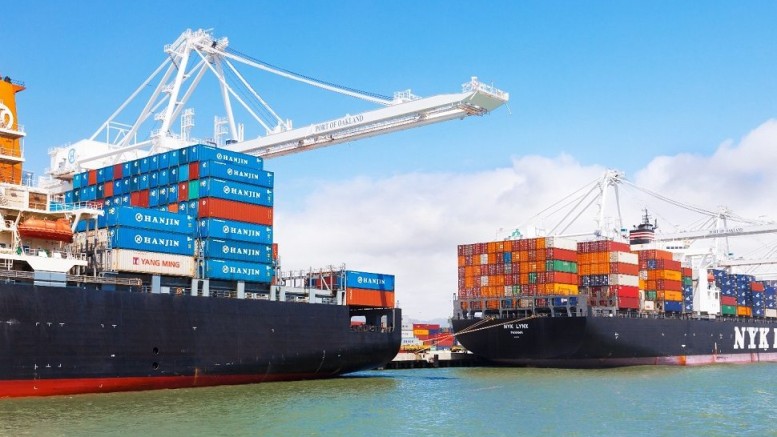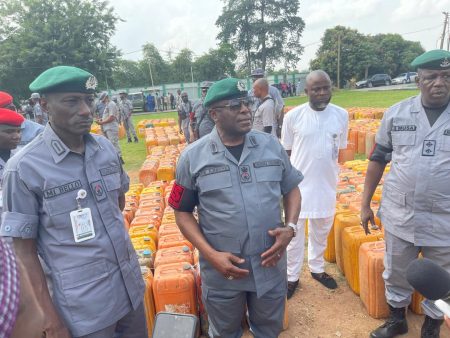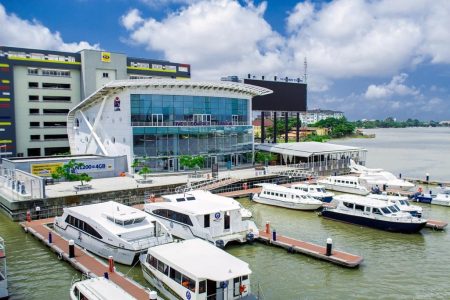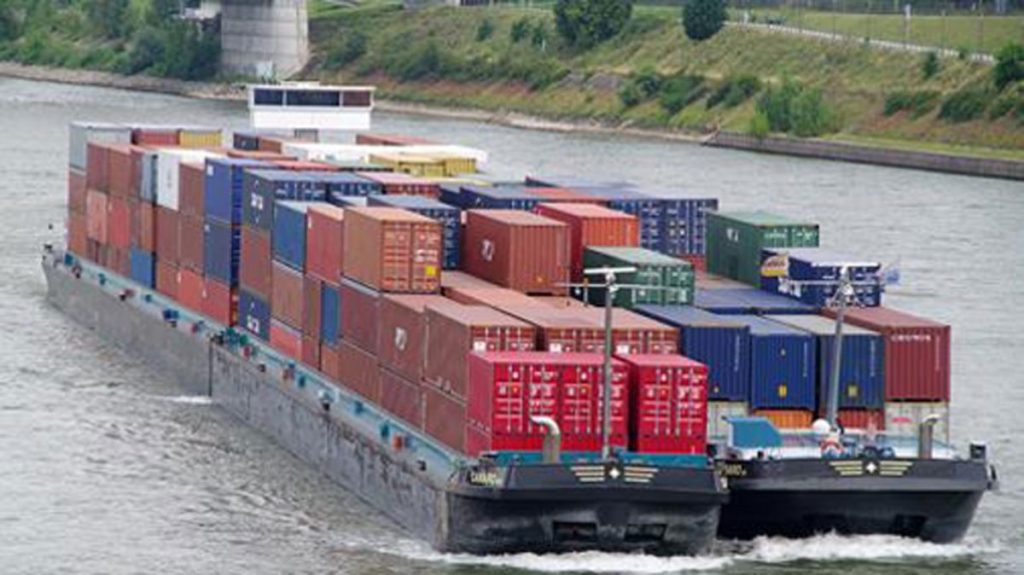
Mkpoikana Udoma
Port Harcourt — A leading voice in the Maritime Safety space, Dr Charles Wami, on Wednesday led other major stakeholders in the coastal states to demand more professional attention to safety at sea and other industry safety issues.
This is as the stakeholders called on regulatory bodies to intensify safety measures to curb the alarming rate of marine accidents and casualties in Nigeria’s maritime domain.
At the Energy and Maritime Reporters, EMR, 2024 Seminar and Awards event, experts stressed the need for urgent action to address maritime safety concerns.
Speaking, the Managing Director of Charkin Maritime and Offshore Safety Centre, Dr Wami, emphasized the pressing need for enhanced safety measures in Nigeria’s maritime sector.
In light of alarming statistics revealing frequent marine accidents, most recently resulting in the tragic deaths of 25 individuals in boat mishaps, Wami called on regulatory bodies like the Nigerian Maritime Administration and Safety Agency, NIMASA, and the National Inland Water Agency, NIWA, to take immediate and decisive action.
He highlighted that while these agencies play a crucial role in safeguarding lives on coastal and inland waters, their efforts must be bolstered to effectively address the ongoing safe concerns.
concerns.
Wami, represented by Dr. Egben Okore, also advocated for community engagement, suggesting that maritime professionals should lead public safety campaigns and donate life-saving equipment to improve conditions at jetties.
“As we are gathered here this morning, may we all be informed or reminded as the case may be, that safety in the maritime sector of Nigeria’s economy continues to be a cause for concern.
“The rate at which marine accidents and casualties take place on our coastal waters and within the inland waters is highly worrisome. One needs only to read the newspapers or browse the internet to know what is going on with regard to marine casualties, especially along the inland waterway.
“Frequent accidents within and around Nigeria’s coastal areas is no longer news. The problem or issue at the moment is how to find solution to it, and I think this is the crux of this Maritime Seminar as succinctly captured in the Sub – Theme “Maritime Safety Concerns and Approaches”.
He said Nigeria’s maritime safety concerns center on the many frequent accidents which take place on our coastal areas and waterways making them unsafe.
“Nobody can say it has nothing to do with me, if you are not a practitioner, you might have someone who is, and especially if you live or work in the Niger Delta region you might have cause at one time or another to use the coastal sea or waterways.
“Maritime safety on Nigeria’s waters is not the business of regulatory bodies alone but they play a leading role in finding solutions to the myriads of marine casualties taking place on our coastal areas. I believe that NIMASA and NIWA, the two agencies saddled with the responsibilities of safeguarding life and properties on Nigeria’s coastal waters and inland waterways respectively are doing a lot already but more needs to be done.
“The causes of our maritime safety concerns are largely known already. They have been identified through numerous researches, including the one conducted by my humble self to investigate the causes of the incessant boat mishaps in Nigeria’s coastal waters and to ascertain the measures to be adopted to prevent or at least minimize their occurrences.
“It is not my intention to prolong things by going into the causes of marine accidents in Nigeria and how they may be reduced or eliminated. The onus is now on the regulatory bodies and other stakeholders to leverage on the outcome or findings of these research projects that have been undertaken in that area.”
He continued, “There is much to do to address the issue and stem the tide of coastal and inland waters casualties in Nigeria. I want to use this medium to encourage NIMASA and NIWA and other stakeholders to leave no stones unturned in booting coastal and inland water safety and address the nation’s maritime safety concerns.
“We all have to play our part, those of us in the maritime education and training sub-sector, first, we must make sure that those carrying our certificates can defend same in practice, no cutting corners. We can carry out maritime safety campaigns in different parts of the State and beyond; we can do research to know more about how to address the issues, with the collaboration of the State Government and NIWA.”
Also speaking, an industry expert, Dr James Babalola, commended EMR for putting up the seminar aimed at enhancing maritime sector reporting in the Niger Delta region.
According to Babalola, the policy summersault in the country, particularly in the maritime sector, was due to absence of professionals allowed into the appropriate places. He called for strengthened regulatory frameworks and collaborate with stakeholders to prevent accidents.
He also commended the Rivers State government for the Port city project, noting that the project would open up the maritime sector and provide jobs in the state.



